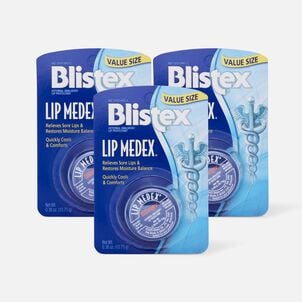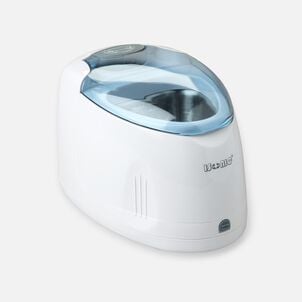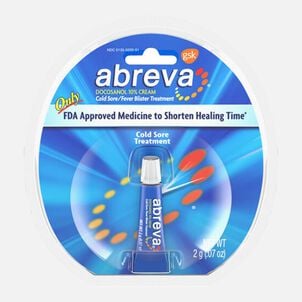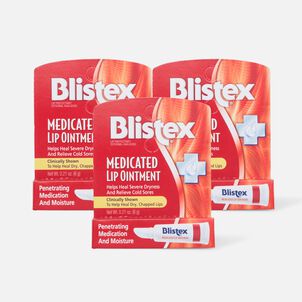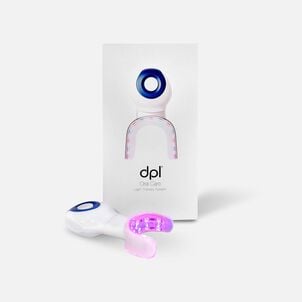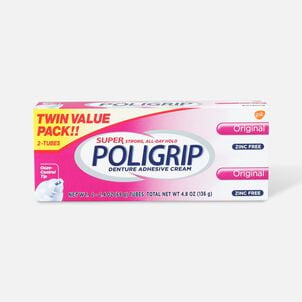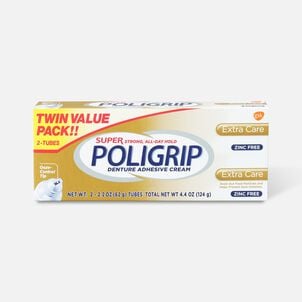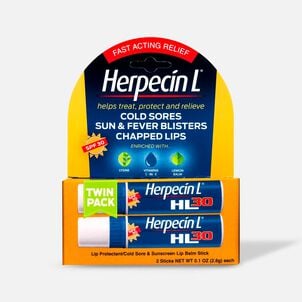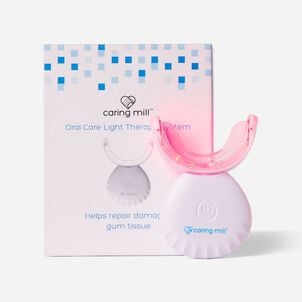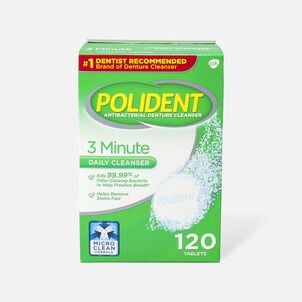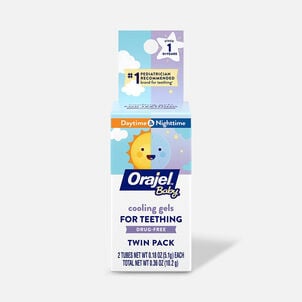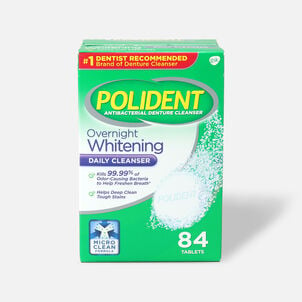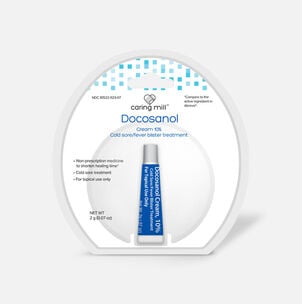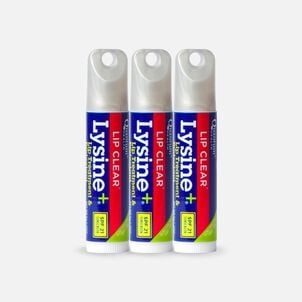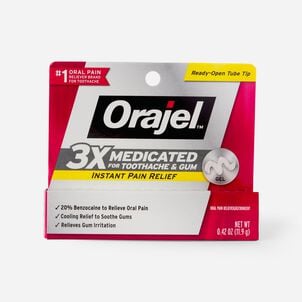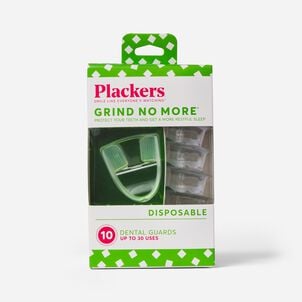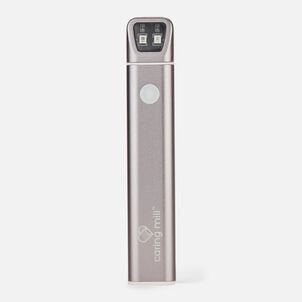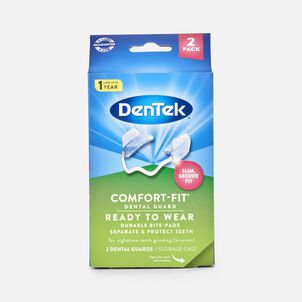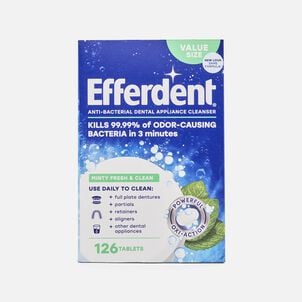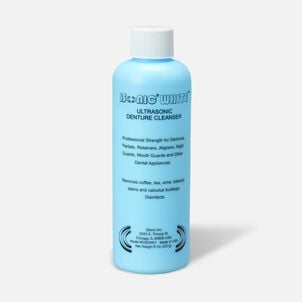The Complete FSA Eligibility List
Here it is — the most-comprehensive eligibility list available on the web. From A to Z, items and services deemed eligible for tax-free spending with your Flexible Spending Account (FSA), Health Savings Account (HSA), Health Reimbursement Arrangement (HRA) and more will be here, complete with details and requirements. Important Reminder: FSAs, HRAs and other account types listed may not all be the same. Be sure to check with your administrator to confirm if something is eligible before making a purchase.
Here it is — the most-comprehensive eligibility list available on the web. From A to Z, items and services deemed eligible for tax-free spending with your Flexible Spending Account (FSA), Health Savings Account (HSA), Health Reimbursement Arrangement (HRA) and more will be here, complete with details and requirements. Important Reminder: FSAs, HRAs and other account types listed may not all be the same. Be sure to check with your administrator to confirm if something is eligible before making a purchase.
Teeth Grinding Prevention: FSA Eligibility
Teeth Grinding Prevention: eligible with a Flexible Spending Account (FSA)FSA Eligible Oral Care
What is teeth grinding prevention?
Teeth grinding prevention refers to one of several measure for preventing the grinding of the teeth during sleep, also called bruxism. Teeth grinding prevention normally consists of wearing a mouth guard at night. Teeth grinding prevention may also include therapy or medication, though teeth grinding is usually considered a symptom of another issue such as stress, sleep apnea, antidepressant use, acid reflux, or something else.
What are mouth guards?
Mouth guards are plastic or rubber inserts kept inside the mouth during sleep to protect the teeth from the forces of teeth grinding, which can be very harmful to the teeth over time. Teeth grinding occurs for a variety of reasons and is commonly attributed to sleep apnea. Mouth guards will not prevent teeth grinding or address the root cause, but mouth guards will prevent one of the symptoms of teeth grinding, which is the damage it can cause to the teeth. Mouth guards are recommended, generally, as one part of a treatment plan to address teeth grinding (WebMD).
What is teeth grinding?
Teeth grinding, also referred to as bruxism, is the involuntary grinding or clenching of one's jaw during the daytime hours, or in the midst of the sleep cycle (sleep bruxism). In most cases, bruxism is a minor issue that may not require treatment, but in more advanced cases, bruxism can lead to extensive jaw damage/disorders, recurring headaches, tooth damage and other side effects. Physicians are still unsettled as to a direct cause for teeth grinding, but possible physical and physiological causes may include sleep apnea, anxiety/stress, a side effect to some antidepressants, stomach acid reflux and more. In most cases, doctors will develop a treatment plan based on an individual's symptoms to curb this behavior (WebMD).
What are alternatives to mouth guards for teeth grinding?
In addition to guards for teeth grinding, other potential treatments for bruxism include therapies like stress management, behavioral modification therapy and biofeedback (retraining muscle activity). Last but not least, some medications have been found to be effective in limiting teeth grinding, such as muscle relaxants and Botox injections. To be eligible for reimbursement, medications would require a prescription from a medical professional. Ultimately, most treatments for teeth grinding involve close coordination with one's doctor and trial and error to pinpoint the underlying source of the issue to develop an effective treatment plan.


